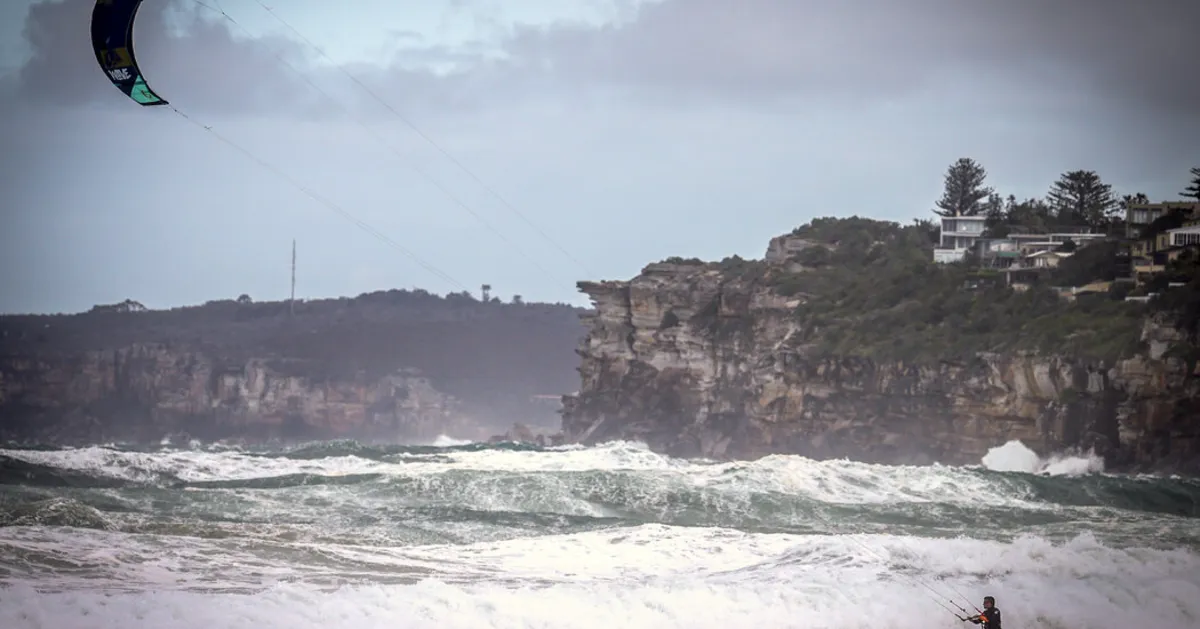
A tragic incident occurred on Saturday when a surfer was fatally bitten by a large shark in the waters north of Sydney, Australia. This unfortunate event has led local authorities to promptly close beaches in the affected area to ensure public safety.
The victim, who has not yet been publicly identified, lost his life at Long Reef Beach after fellow surfers managed to pull him from the water around 10 a.m. local time. According to the New South Wales police, emergency services were dispatched to the scene; however, the surfer had already sustained critical injuries, including the loss of both legs and significant blood loss.
Superintendent John Duncan, the commander of the Northern Beaches Police Area, confirmed that the victim was a 57-year-old man with considerable surfing experience. At the time of the attack, he was in the water with five or six other surfers, all of whom were unharmed. The group was approximately 100 meters from shore when the shark attack occurred.
In a statement, the police revealed that two sections of a surfboard were recovered from the scene and will be analyzed by experts to gather more information about the incident. Authorities believe the man was bitten by a large shark, and specialists will work to identify the species involved in the attack. Consequently, local officials have announced that beaches stretching from Manly to Narrabeen, located north of Sydney, will remain closed until Sunday.
At the time of the incident, many beachgoers were present on Long Reef Beach. Shark attacks, while alarming, are relatively common in Australia. According to the Taronga Conservation Society, there have been three other fatalities this year among 17 reported shark-related incidents prior to this tragic attack. Long Reef Beach is situated near Dee Why, a suburb of Sydney, and it is part of a broader community effort in New South Wales that includes the installation of shark nets and drumlines. These safety measures are designed to catch sharks using hooks attached to buoys, with the intent of tagging and releasing them after capture.
This heartbreaking event serves as a stark reminder of the risks associated with ocean activities and the ongoing need for safety measures at popular surfing locations.